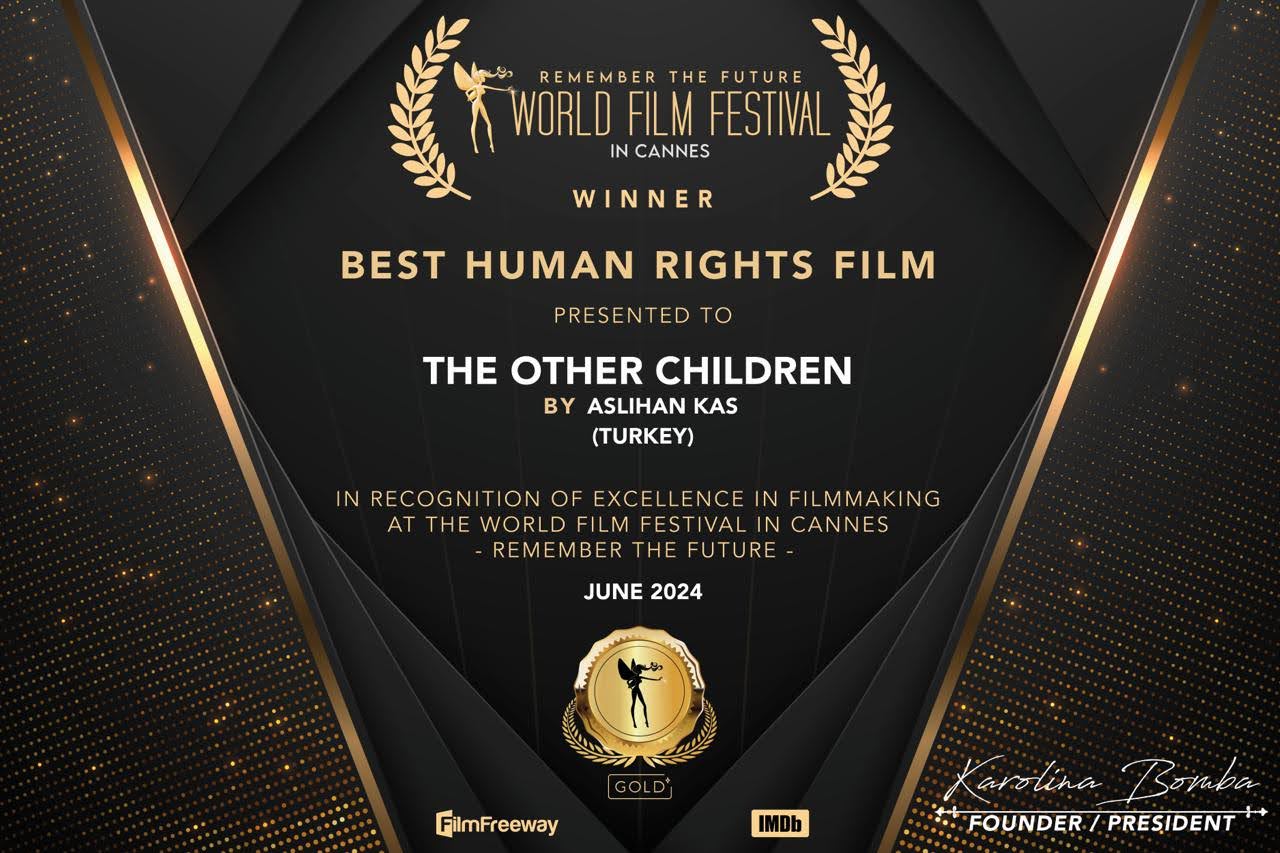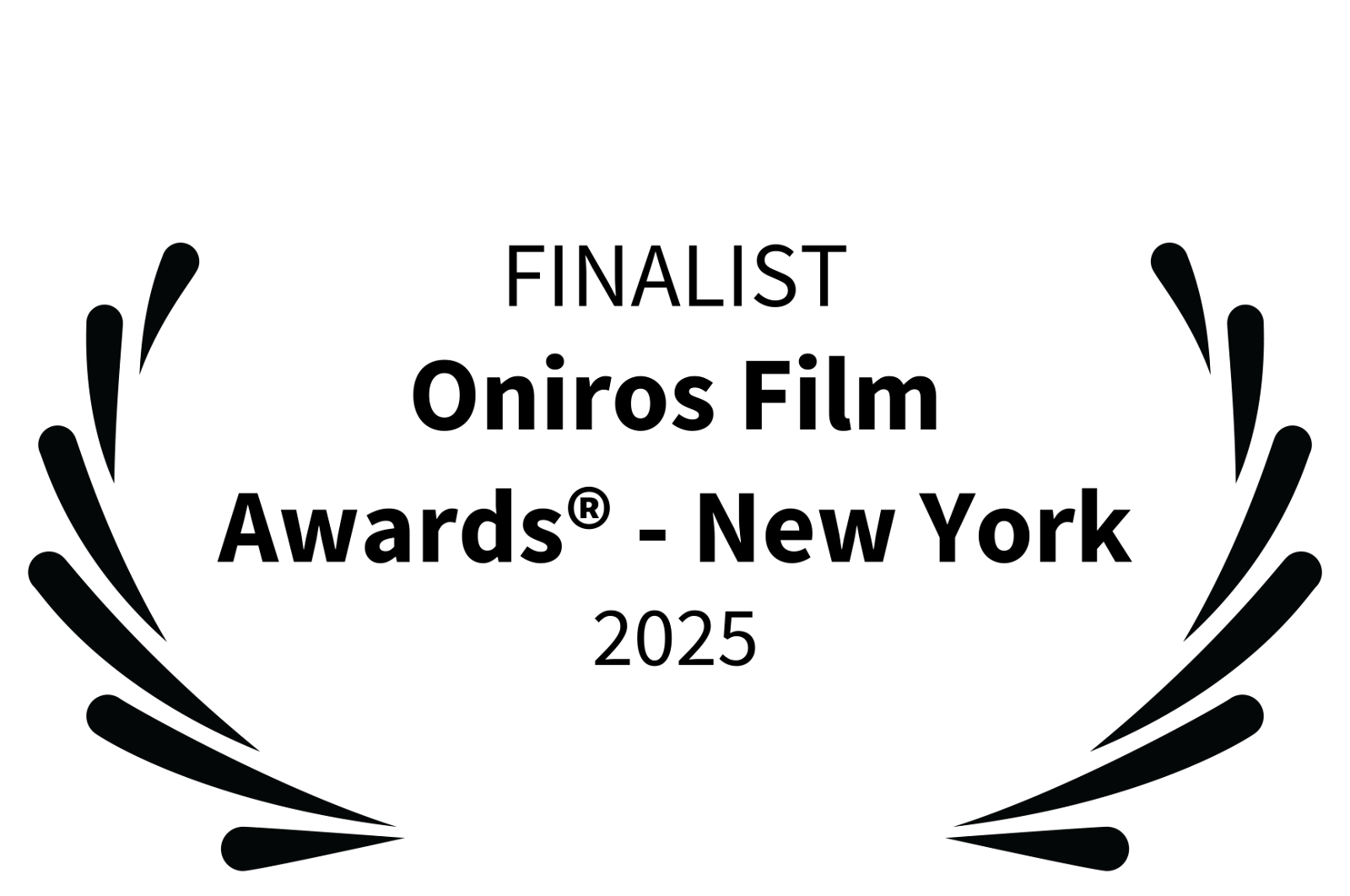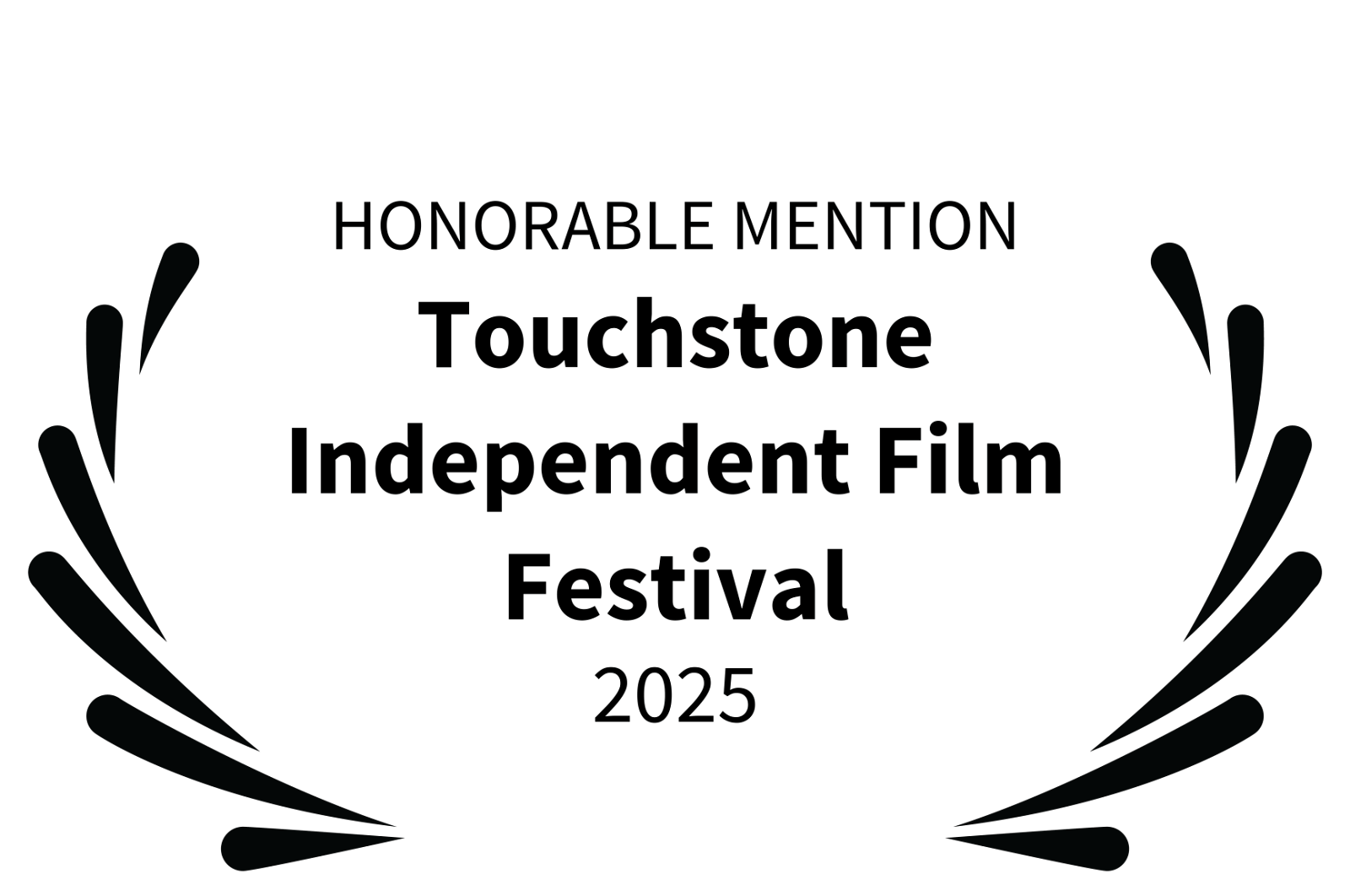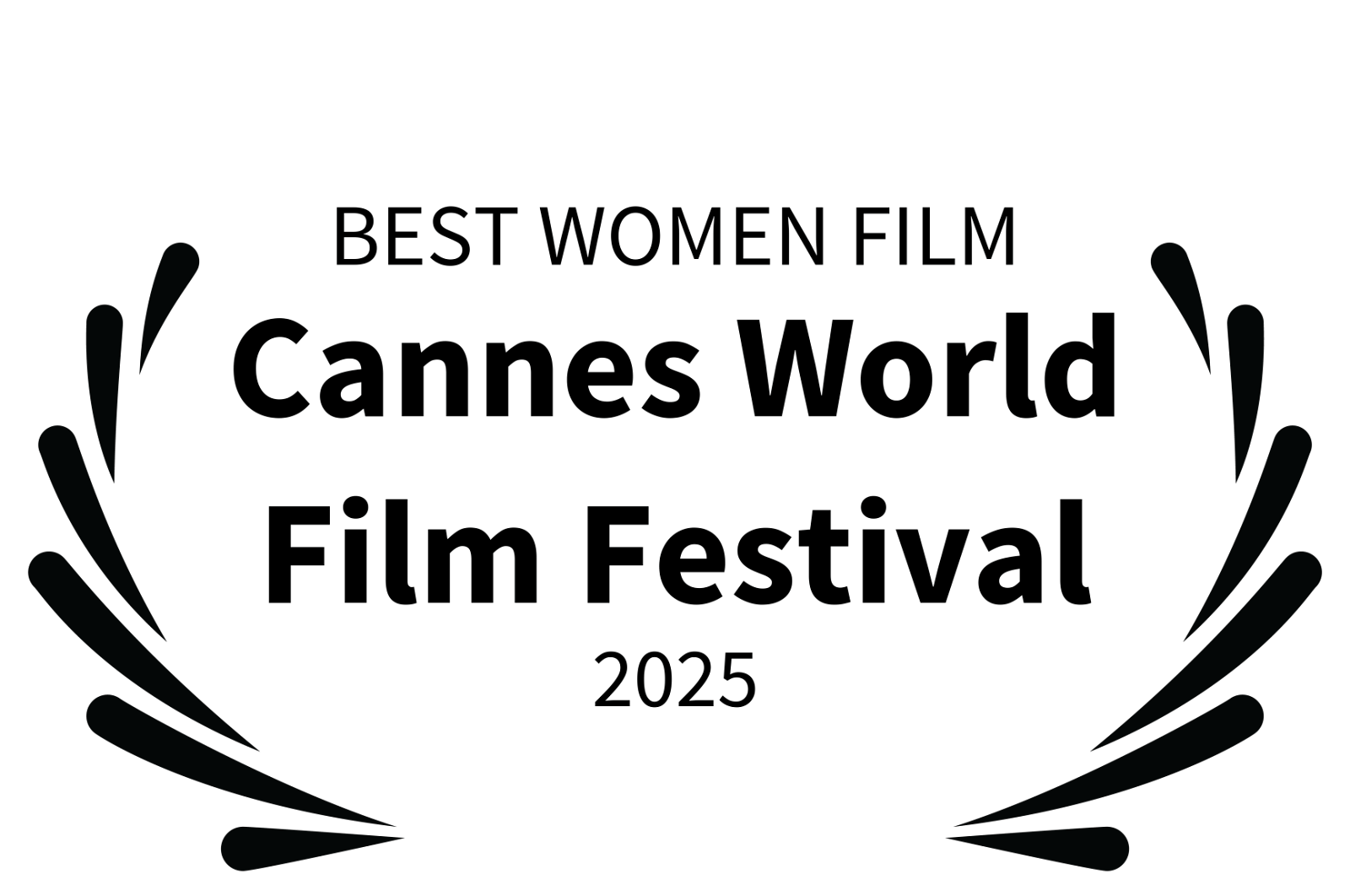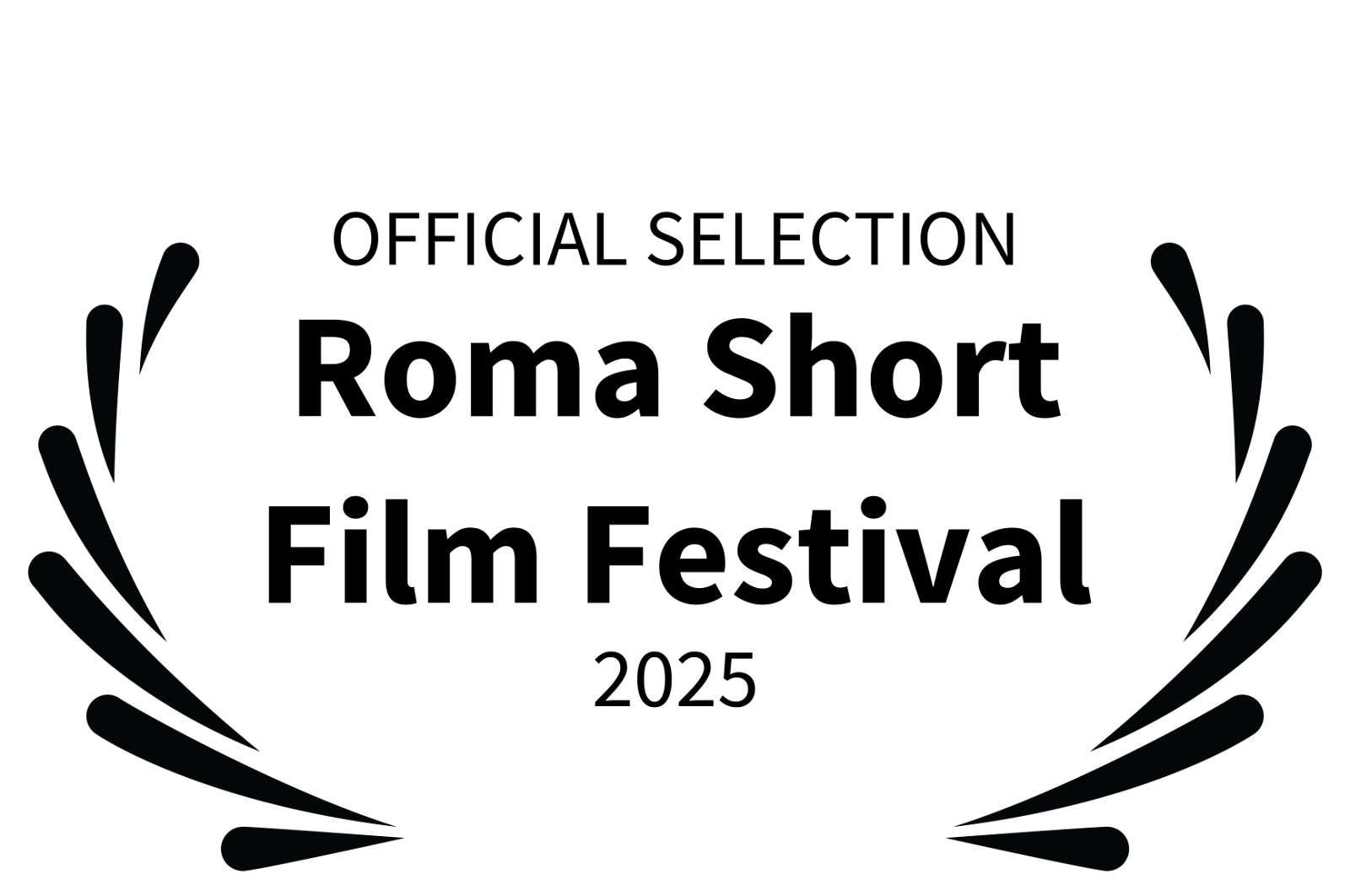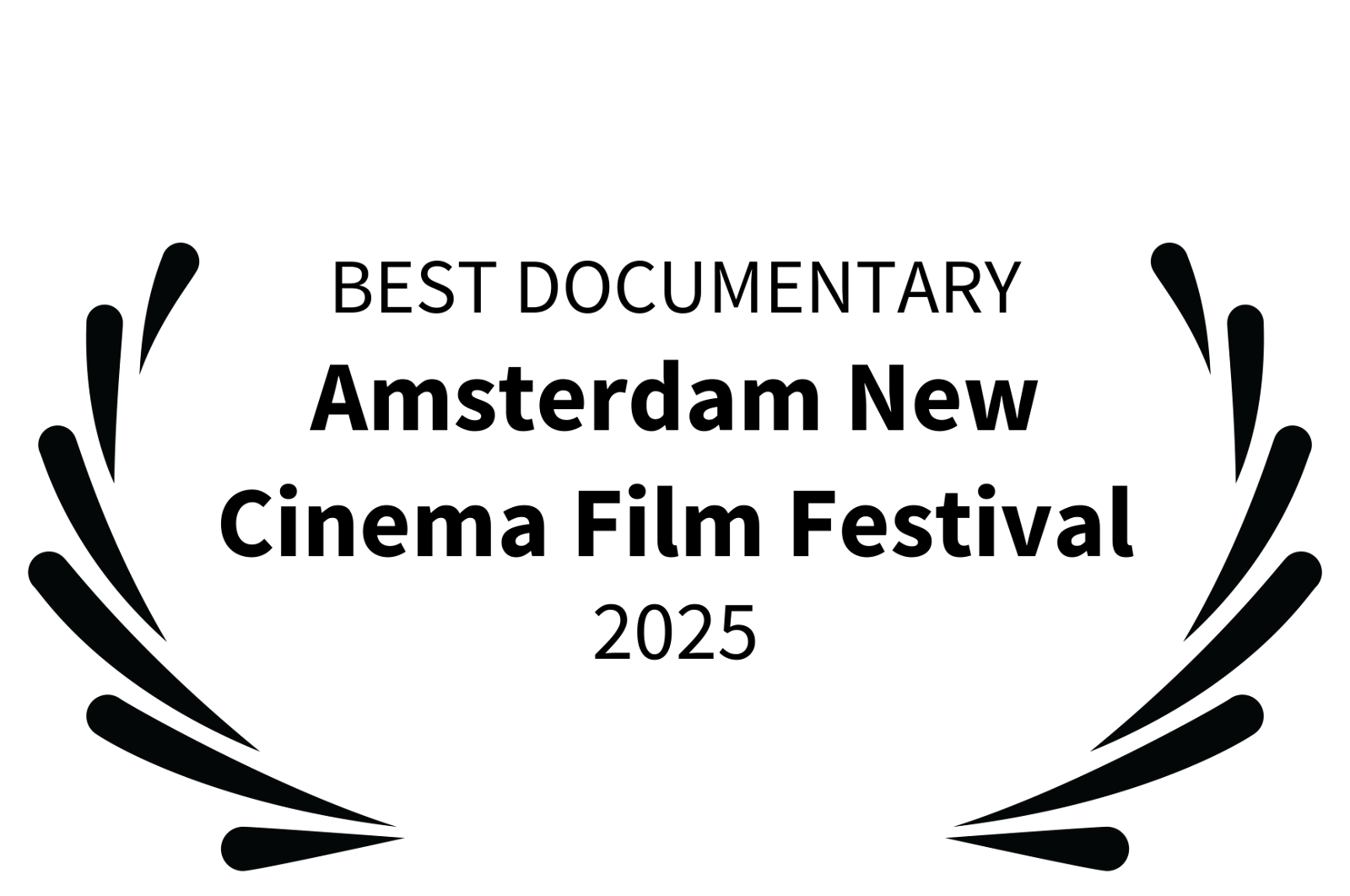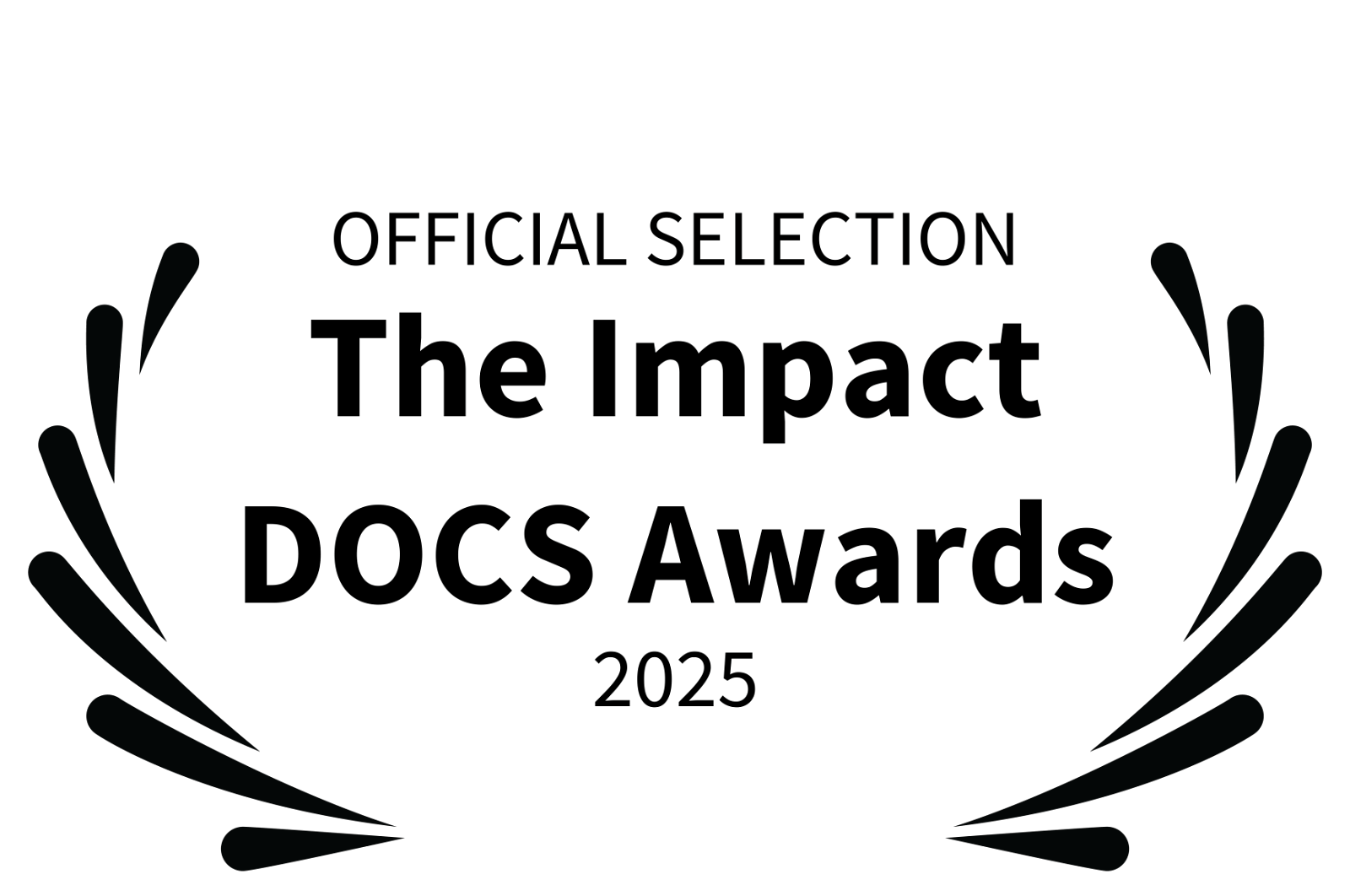The Other Children
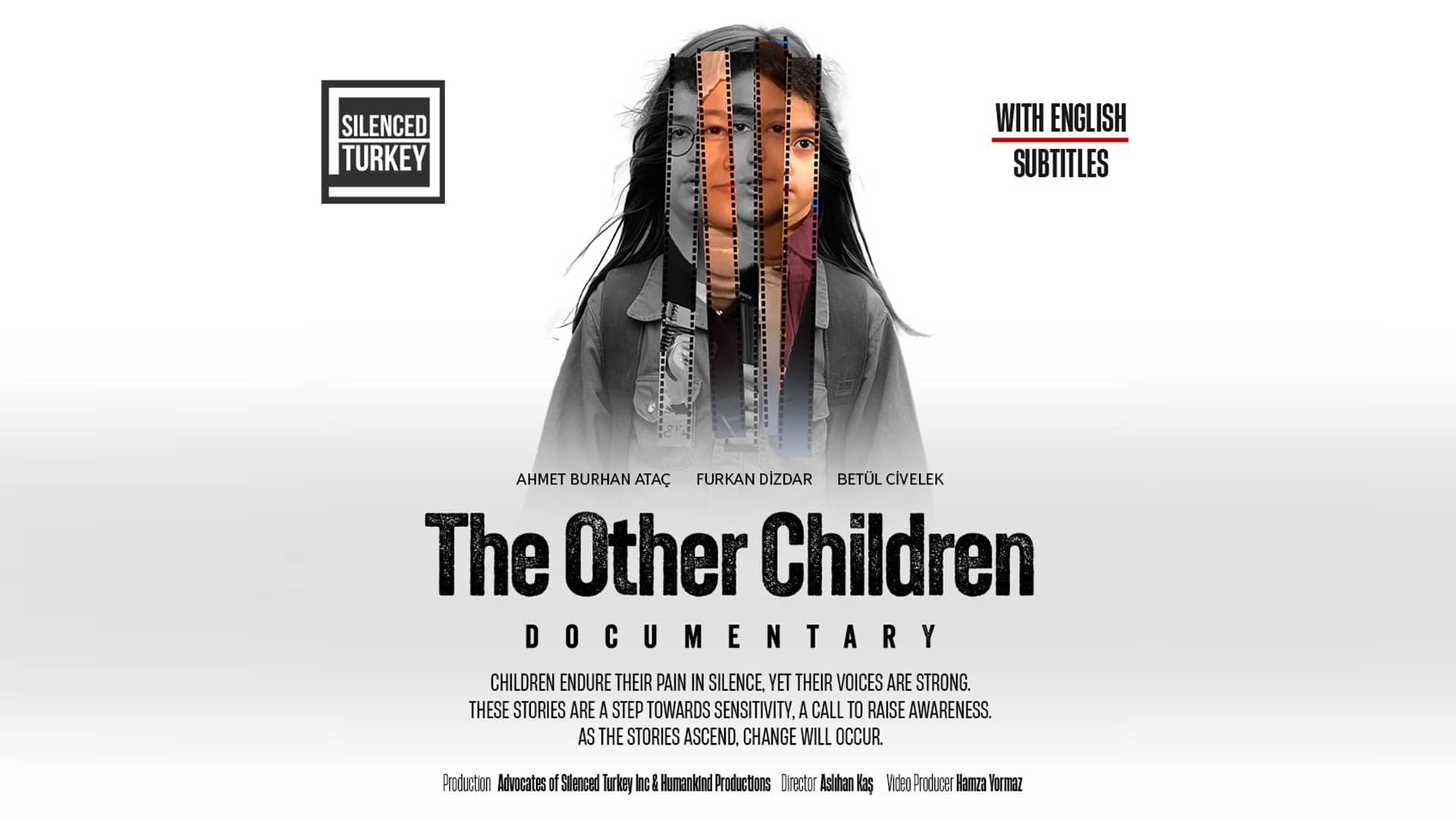
Three years ago, we embarked on a mission to raise global awareness about the difficult journey faced by the children of families who were victims of the State of Emergency and Decree Laws in Turkey. To achieve this, we began interviewing the children of affected families and initiated our documentary project.
Our documentary, “The Other Children,” is the result of a journey that started three years ago. Over the past year, we have dedicated intense effort to completing its production. This documentary was made possible through the outstanding efforts of the volunteers at Advocates of Silenced Turkey.
This documentary focuses on the experiences of children who have suffered under the State of Emergency and Decree Laws in Turkey. One of the biggest challenges we faced during this project was the climate of fear among the children and families willing to participate. Due to the oppressive regime in Turkey, many families and children were too afraid to speak out. Despite these challenges, we are sharing the heartbreaking life stories of 13 children, including 3 who lost their lives and 10 who agreed to tell their stories.
“The Other Children” provides a platform to amplify the voices of children from families affected by the Decree Laws in Turkey. It showcases their experiences of marginalization, separation from their parents, and prison visits. Each child has a unique story, and their dramatic accounts and sincerity will deeply touch the hearts of viewers. Our documentary aims to help understand the difficulties faced by these children and bring their voices to the forefront.
By watching this documentary, you will have the opportunity to learn about and support the real experiences of 13 children, including those who risked their lives crossing the Meriç River because their families were denied the right to live, little Betül Civelek who died on her way back from visiting her imprisoned father, Ahmet Burhan Ataç who longed for his jailed father, and Furkan Dizdar who died because he was denied treatment abroad.
We hope you consider our documentary for your festival. We look forward to sharing these profound and moving stories with your audience.
📍 Global Impact
The Other Children has been screened in 35 locations worldwide 🌍. The documentary has received 3 international awards 🏆 and was selected as a finalist in 5 festivals 🎬. We are deeply honored by the recognition and the meaningful conversations it has sparked across borders.
📩 Host a Screening
Would you like to bring The Other Children to your city or community?
Please reach out to us at [email protected] — we’d love to collaborate.
